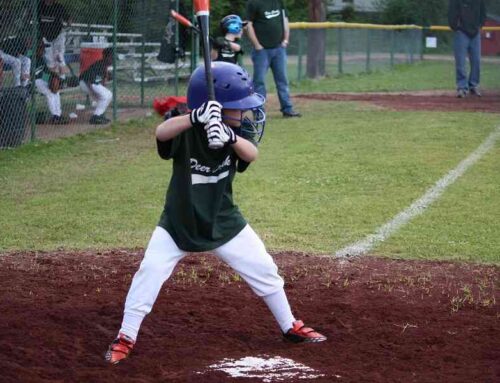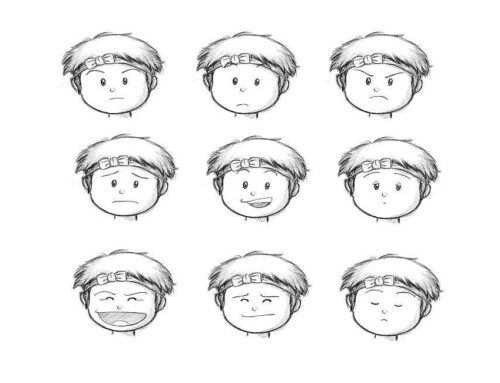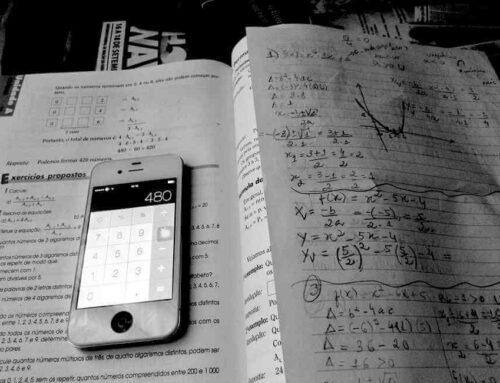Motherly Life Notes
Environmental factors such as school and out-of-school activities influence intelligence during all stages of child development, from prenatal care to college and beyond.
What Is Intelligence and IQ?
Intelligence is the process of being able to reason, plan and solve problems. It involves understanding ideas, learning, and applying knowledge to new situations.
Measurement of Intelligence
Intelligence quotient, or IQ, is a measurement that provides a way to evaluate one individual’s intelligence relative to a peer group. One example is the Stanford-Binet Test.
IQ tests measure two types of intelligence: fluid intelligence and crystallized intelligence. Fluid intelligence is the ability to think quickly and problem solve. Crystallized intelligence is the ability to use prior learning and stored knowledge to continue learning and solve problems. Importantly, both fluid and crystallized intelligence can be increased.
One measure of fluid and crystallized intelligence is Raven’s Progressive Matrices test.
Environmental Factors Make Your Smarter
Studies have shown both biological and social factors impact intelligence.
- Nutrition and toxins, including alcohol consumed during pregnancy, are detrimental
- Engaging in back-and-forth conversation with children influences cognitive skills and increases vocabulary in children
- Reading aloud to children and making books, magazines and computers available in the household fosters higher intelligence
- Trips to the museum, nature exploration, and other experiences outside the home have a positive impact on learning
Research
The research was published in the The American Federation of Teachers.







Leave A Comment